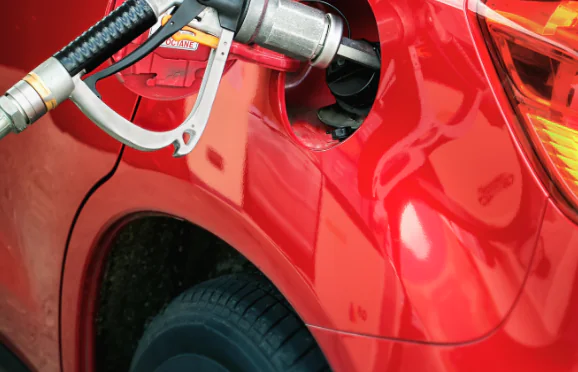Almost each year newspapers dedicate a column in which it highlights a country or a city has the highest particulate matter (PM) in its air. Poor air quality is one major price we are paying for fast-paced and unplanned urbanization. Industrialization, population explosion, and extensive use of fossil fuels are the major culprits behind this deteriorating air quality. Fossil fuels mainly used for transport purposes contributes hugely to air pollution.
So, how do we address the issue of air pollution? The simple and perhaps most viable solution is to go back to the ‘basics.’ Small changes in our lifestyle, and work ethics go a long way in improving the overall quality of air. The most effective way to do this is to switch to sustainable means of transport.
Sustainable transport – Will it help?
Despite the high levels of air pollution, until recently hardly any thought was given to the use renewable fuels for transport. In fact, tolerating the bad air quality has become a norm for several countries – especially those who are economically less developed. It was only when the incidence of air-borne diseases increased substantially, that serious thought was given to addressing air pollution. And no discussion of air pollution can be complete without taking transport facilities into account. Especially, when it comes to urban areas, harmful smokes emitted from vehicles is the main contributor to degrading air quality. Every year around 25% of world’s energy goes into transportation, which significantly contributes to GHG emissions. It is in this context that environmentalists and policy makers have came up with the concept of sustainable transport.
Simply put, sustainable transport is any mode of transportation which does not use fossil fuels. Rather it relies on renewable energy sources so that the negative impact on the environment can be brought down. Right from walking, cycling, to using solar-powered vehicles – everything falls under sustainable means of transport. As sustainable means of transport have minimal negative impact on the environment, it is also known as ‘green transport.’
Can ethanol buses be seen as a game-changer?
With the increasing pressure on fossil fuels, researchers are looking for alternative fuels which can meet the rising demand for sustainability. A key point to note here is that Ethanol – the same ethyl alcohol found in alcoholic beverages – can be used as a fuel also. What makes ethanol as a preferred alternative fuel for automobiles, is the fact that unlike petroleum, ethanol is renewable. Also, given that it produces less soot and carbon monoxide, ethanol’s contribution to the GHG levels is quite less. At present, ethanol is usually combined with other fuels in vehicles. Major countries like the US and Brazil, are already experimenting with the use of ethanol as automobile fuel.
Last December saw India launch ethanol buses, in a bid to move towards green transport. Talk to any environmentalist, and he will say how switching to public transport and opting for carpooling are the best ways in which pressure on fuels and air pollution can be brought down. Perhaps this is the major reason, the Indian government launched ethanol buses. Public transport is the lifeline in all the major cities in India, as a result of which, fixing their condition is perhaps the most logical step towards sustainable transport. Ethanol buses are in fact one of the best examples of smart mobility solutions – an integral aspect of building smart cities.
To conclude that ethanol buses can be a major game changer in the transport system will not be completely right. One major challenge is when compared to petroleum, the heat combustion level of ethanol is quite low. Also, the mileage which ethanol buses provide over the diesel-run buses is very low. Other environmental problems like a change in the cropping pattern and a rise in the disposal of waste fermentation liquors need to be addressed before switching completely to ethanol run vehicles.
To get a better understanding on ethanol buses
Order the 2017-2021 Report on Global Ethanol Bus Market
You might also be interested in:
From E-bikes to Electric cars, Li-ion batteries are Fueling more Powerful Green Transport Globally



